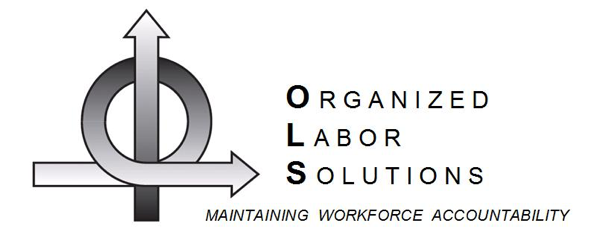
Union-represented employees have the right to have a representative present during an investigatory interview that could potentially result in their discipline or discharge. These are Weingarten Rights. Failure on the part of a supervisor to grant these rights to union employees will likely be trouble for the company. Supervisors are not legally required to inform the employee under scrutiny of Weingarten rights—the employee must make the request once he has reason to believe the outcome of the interview could lead to discipline.
Once the employee makes a request, the interviewer should respond in one of three ways: (A) Comply with the request and await a union representative. (B) Deny the employee’s request and end the interview without further employee input. (C) Allow the employee to choose to continue the interview alone or end the interview without hearing the employee’s side of the story.
Though not legally required under the Weingarten doctrine, I recommend, as a best practice, that the supervisors inform employees of their rights and document this action. This way, the union or the employee cannot later claim that the employer violated the employee’s rights. Arbitrators may be sympathetic towards employees who claim they had to “face management alone.” Well-handled Weingarten meetings also help supervisors in other ways. For example, one can demonstrate fairness during investigatory interviews. Investigators show their desire to earnestly find out the facts. These meetings also help prove that good faith investigations took place prior to discipline, an integral part of The Seven Steps of Just Cause Discipline. BEST PRACTICES FOR MANAGERS: *
Inform the employee in advance that he or she is the subject of a complaint or investigation. Provide some information about the subject, but do not compromise the integrity of the investigation by disclosing too much. For example, if the interview addresses a customer’s complaint about the employee’s rude behavior, you might say, “We want to ask you some questions about customer service. You are entitled to bring a representative to the meeting because the outcome of the interview could result in disciplinary action.” * Set the time, place of the meeting, and provide the employee up to 24 hours to find a representative. * If the employee does not know how to contact a representative, provide him or her with accurate union contact information. * Document every action you take. * If the employee shows up to the meeting without a representative, ask if he understands his Weingarten rights. Document this step. * Get a witness. Two managers are better than one during Weingarten meetings. * Do NOT come to the meeting with a pre-written disciplinary action notice. You are investigating at this point—not making a decision about discipline or corrective action. You must hear the employee’s side of the story to be fair before you determine the facts. Later, when you testify under oath, you will be able to testify you gave the employee the chance to tell their side.
If you bring a written discipline notice to a Weingarten meeting, it is evidence to the union you did not conduct a fair investigation. This violates one the seven tests of just cause discipline. * Take thorough notes. These notes will help you write a discipline notice or summarize the investigation. If matters escalate, you can refer to your notes during the grievance or arbitration period. Record the name of the union representative. * Use a pre-configured list of questions to keep yourself on track, but do not be afraid to deviate from this list based upon the employee’s responses. * Be direct, but show respect and consideration. If the employee cries or appears extremely upset, give them time to calm down. Your purpose is to determine the facts. Do not provide the union representative the opportunity to build a stronger relationship with the employee than you. Remain professional and considerate at all times. Leaders have the potential to prevent grievances or arbitration altogether if they effectively handle Weingarten meetings.


